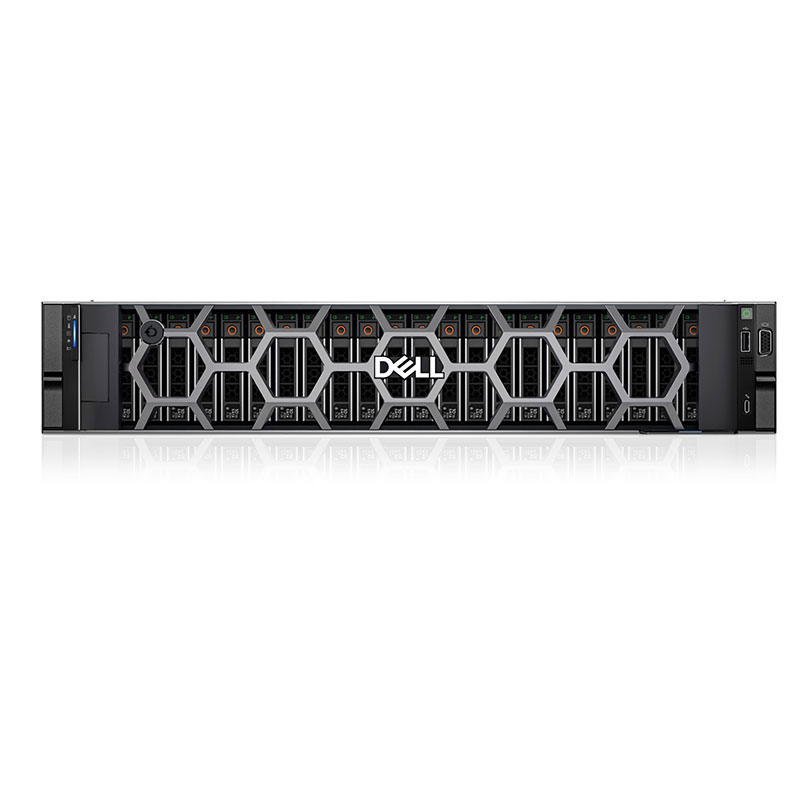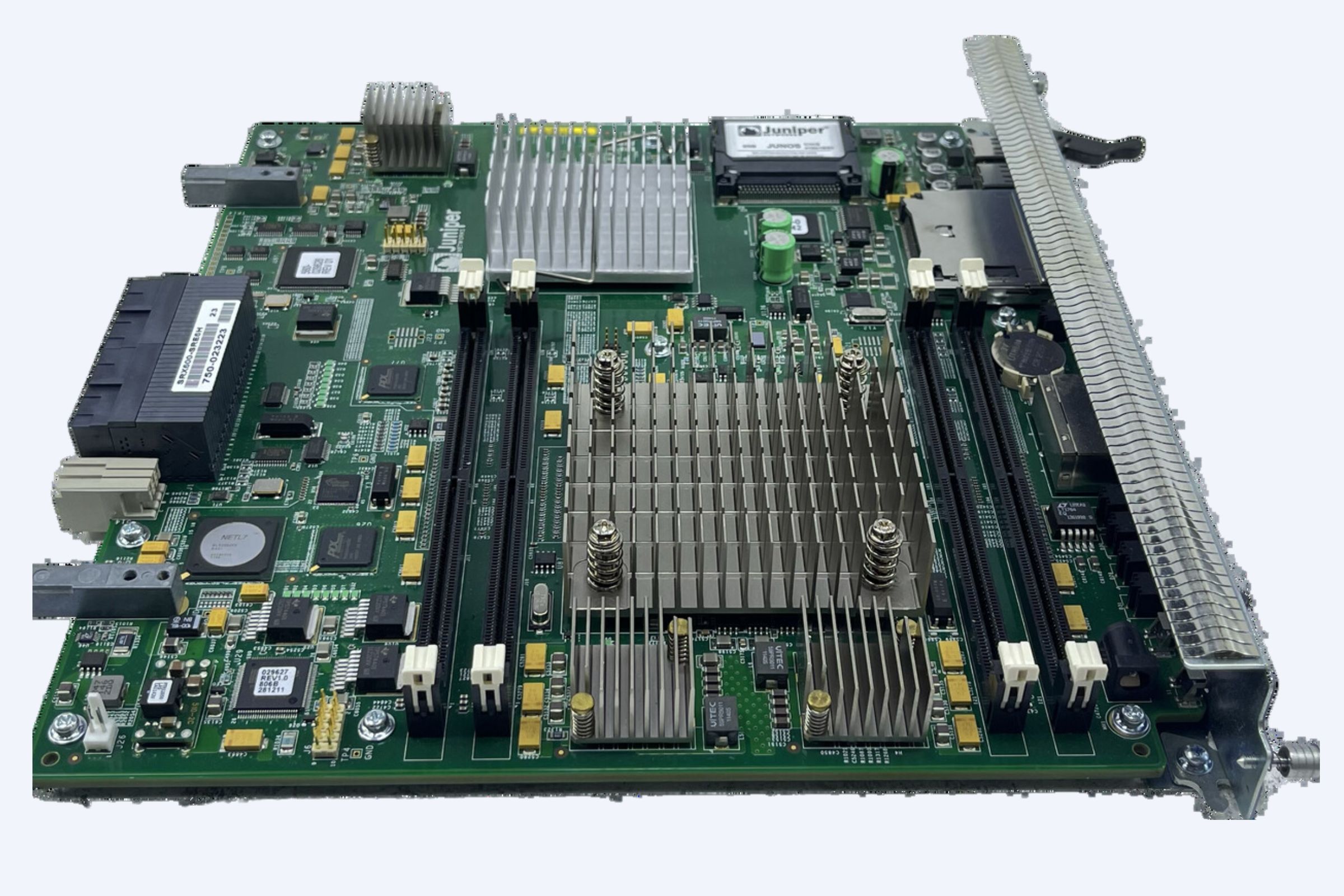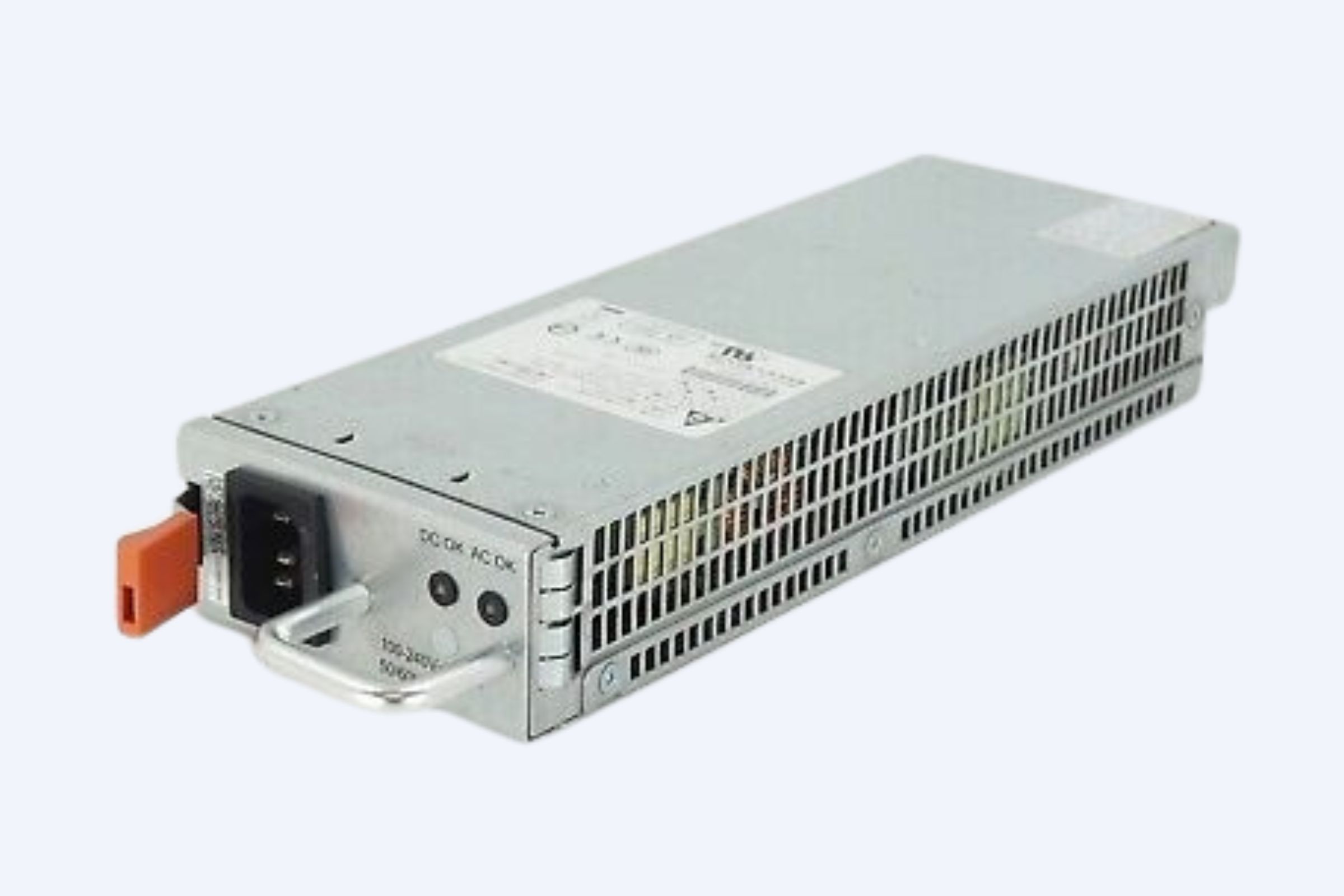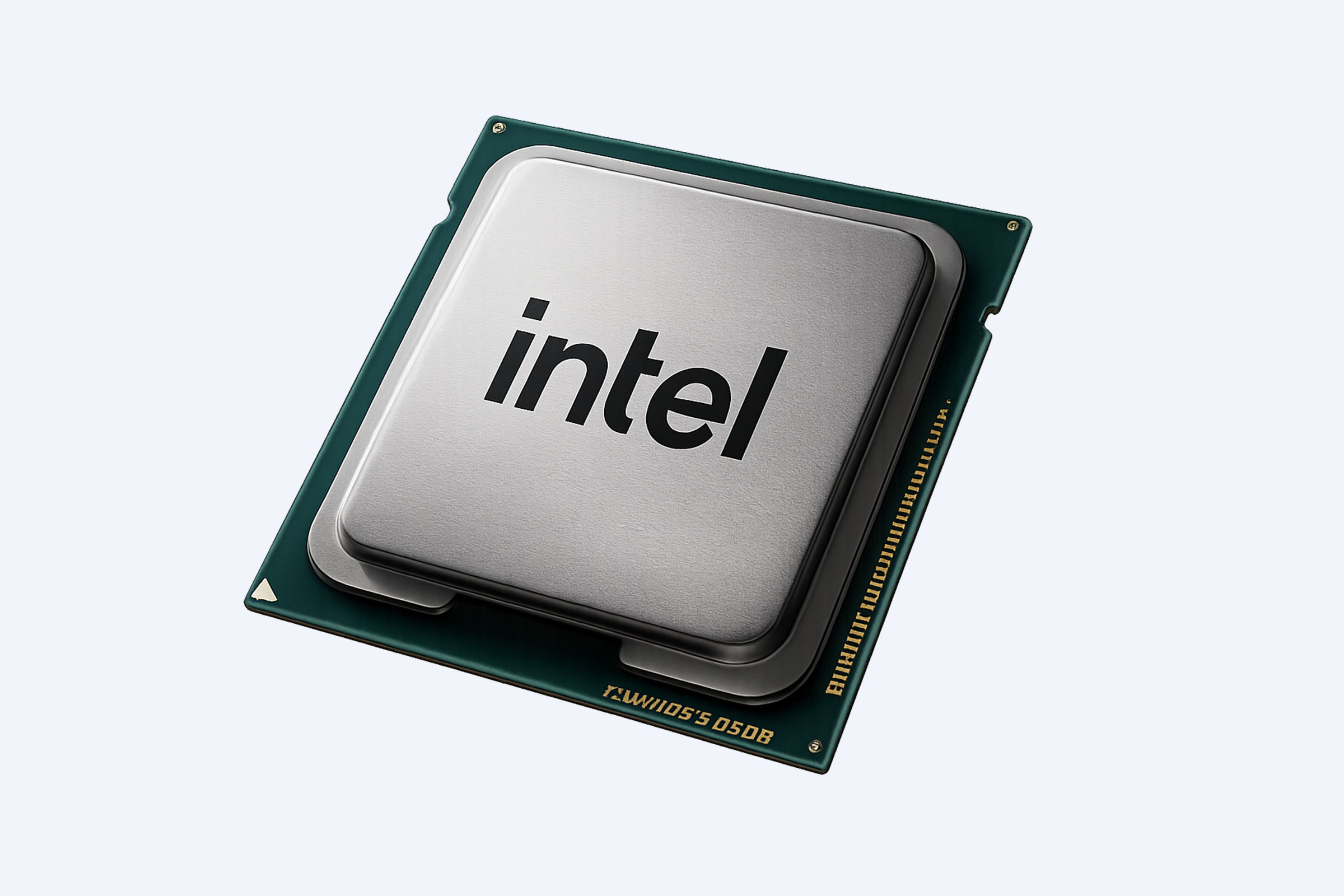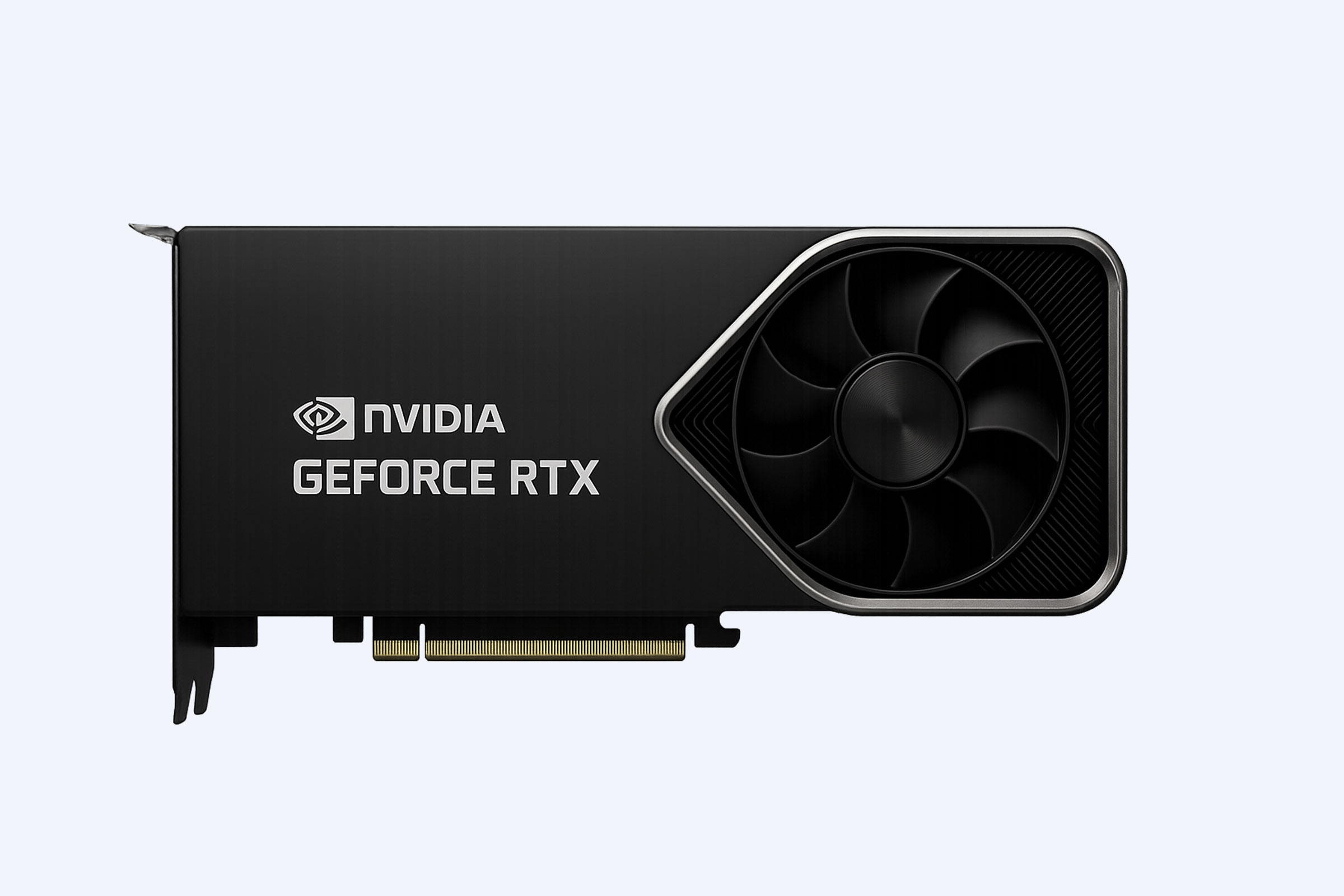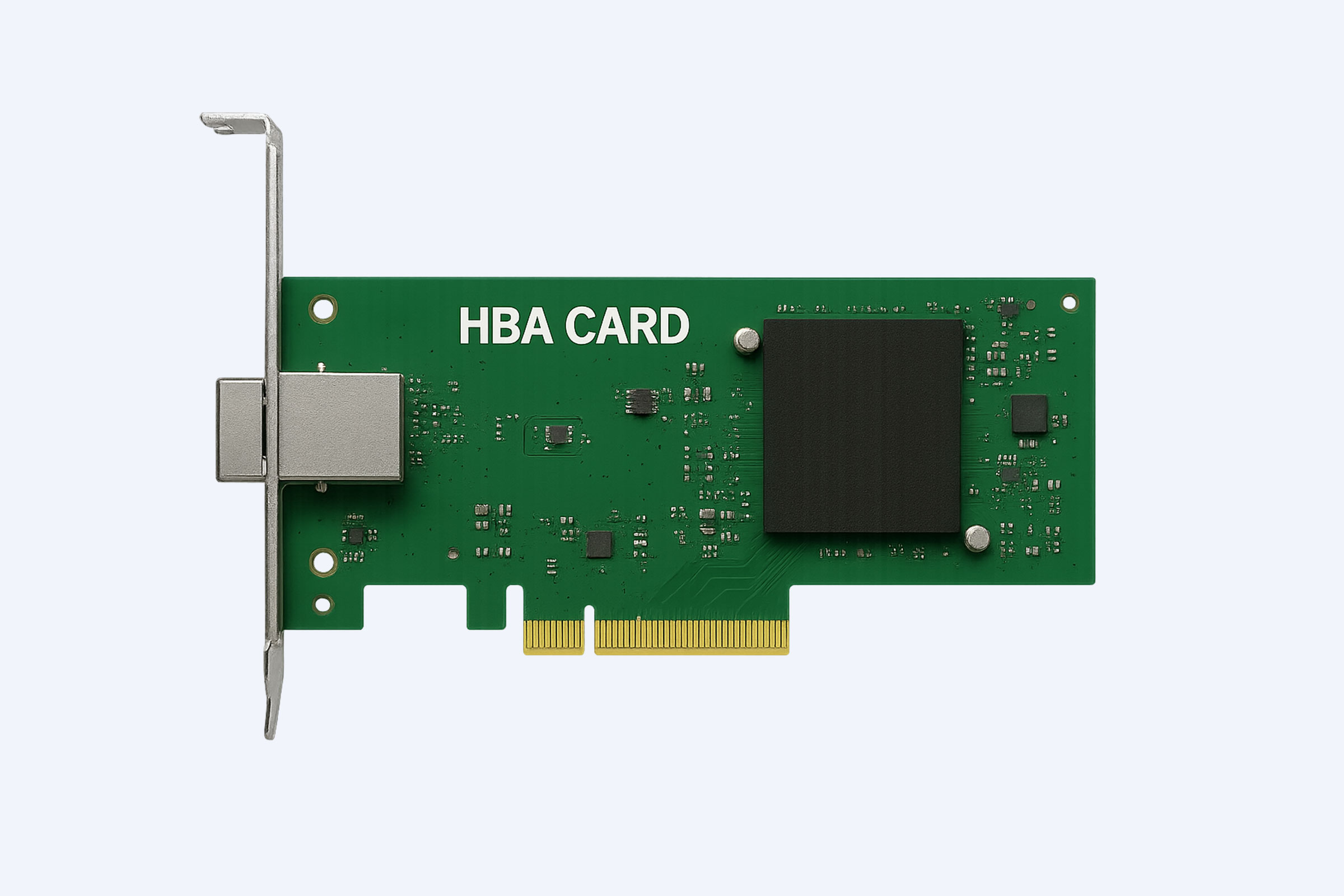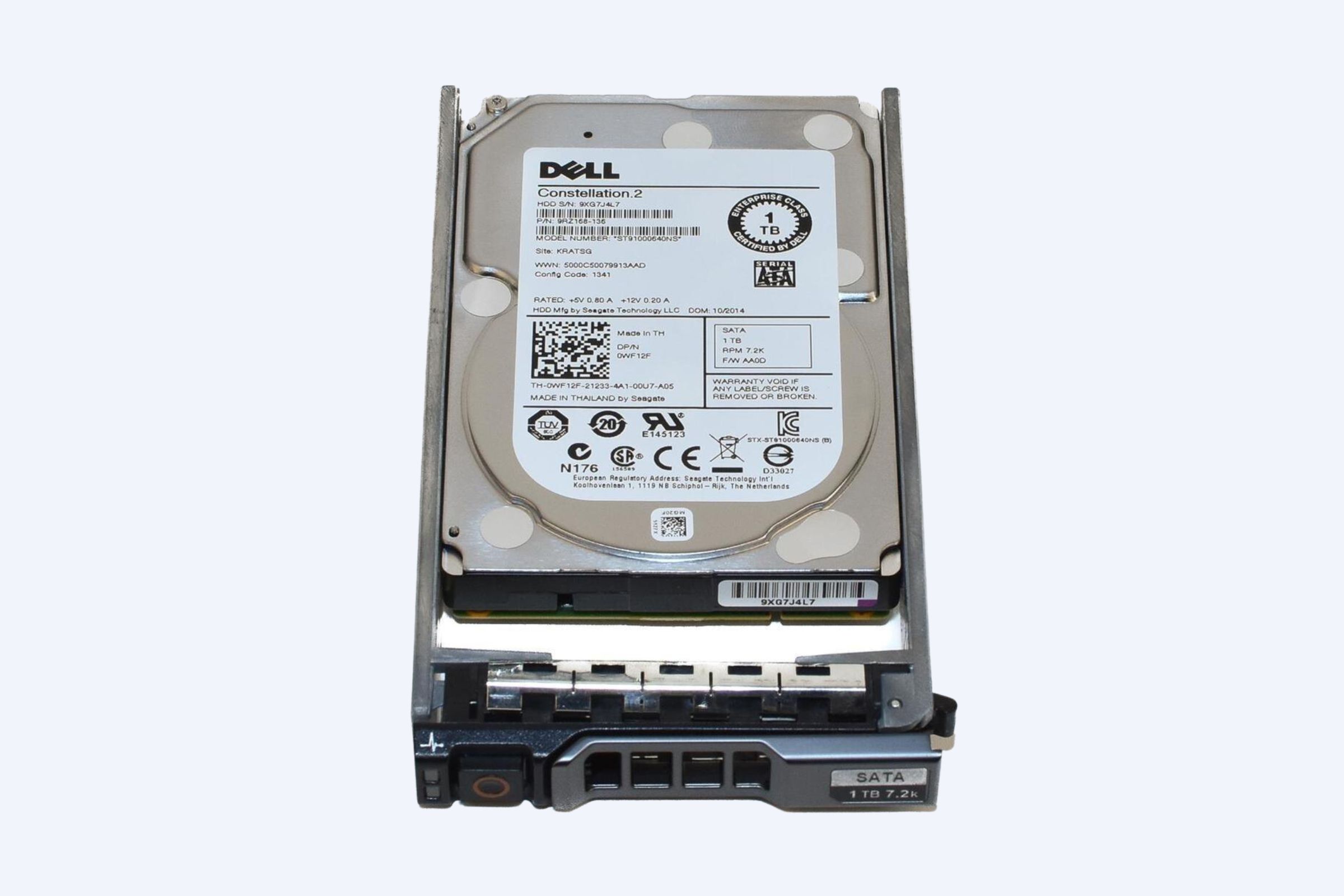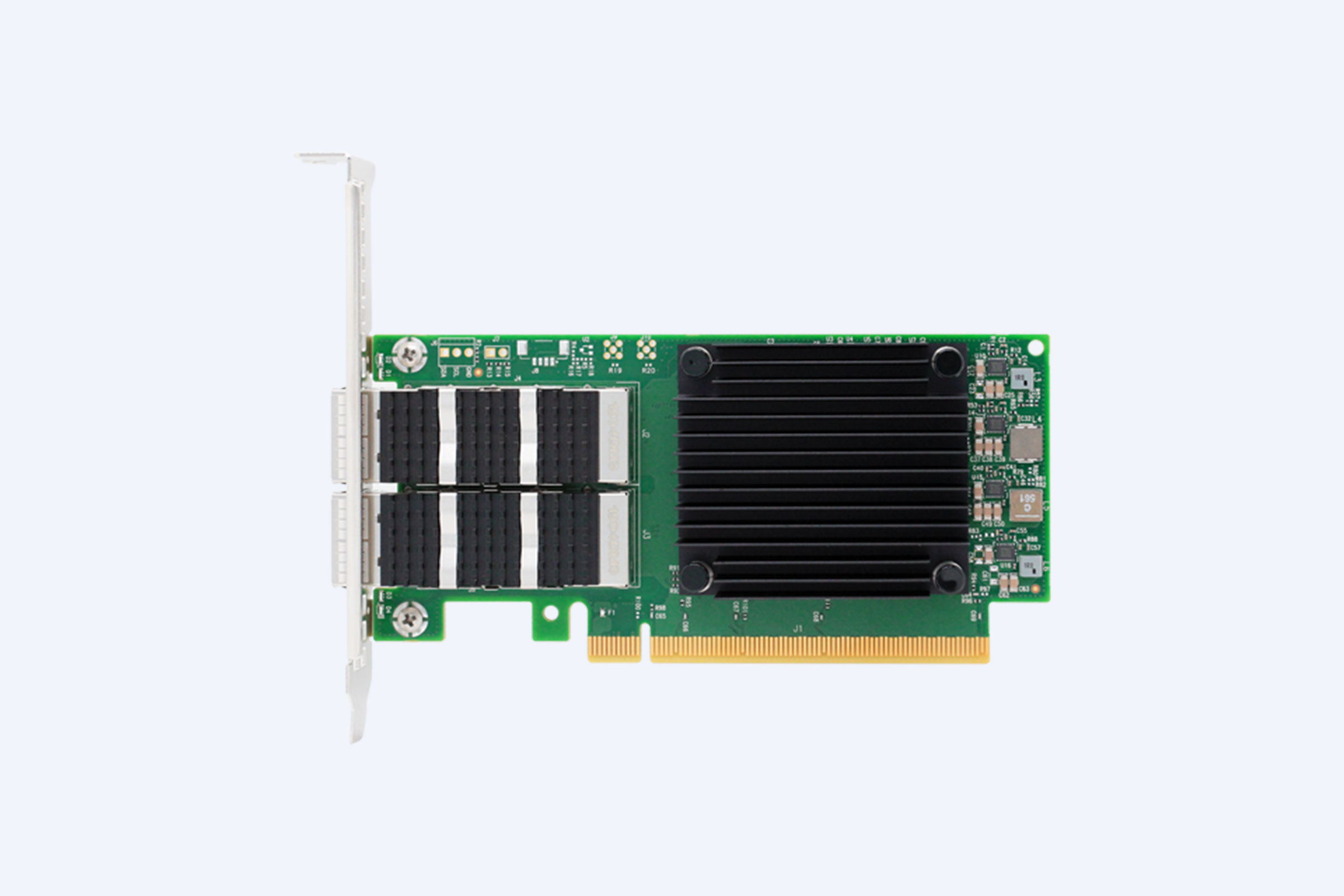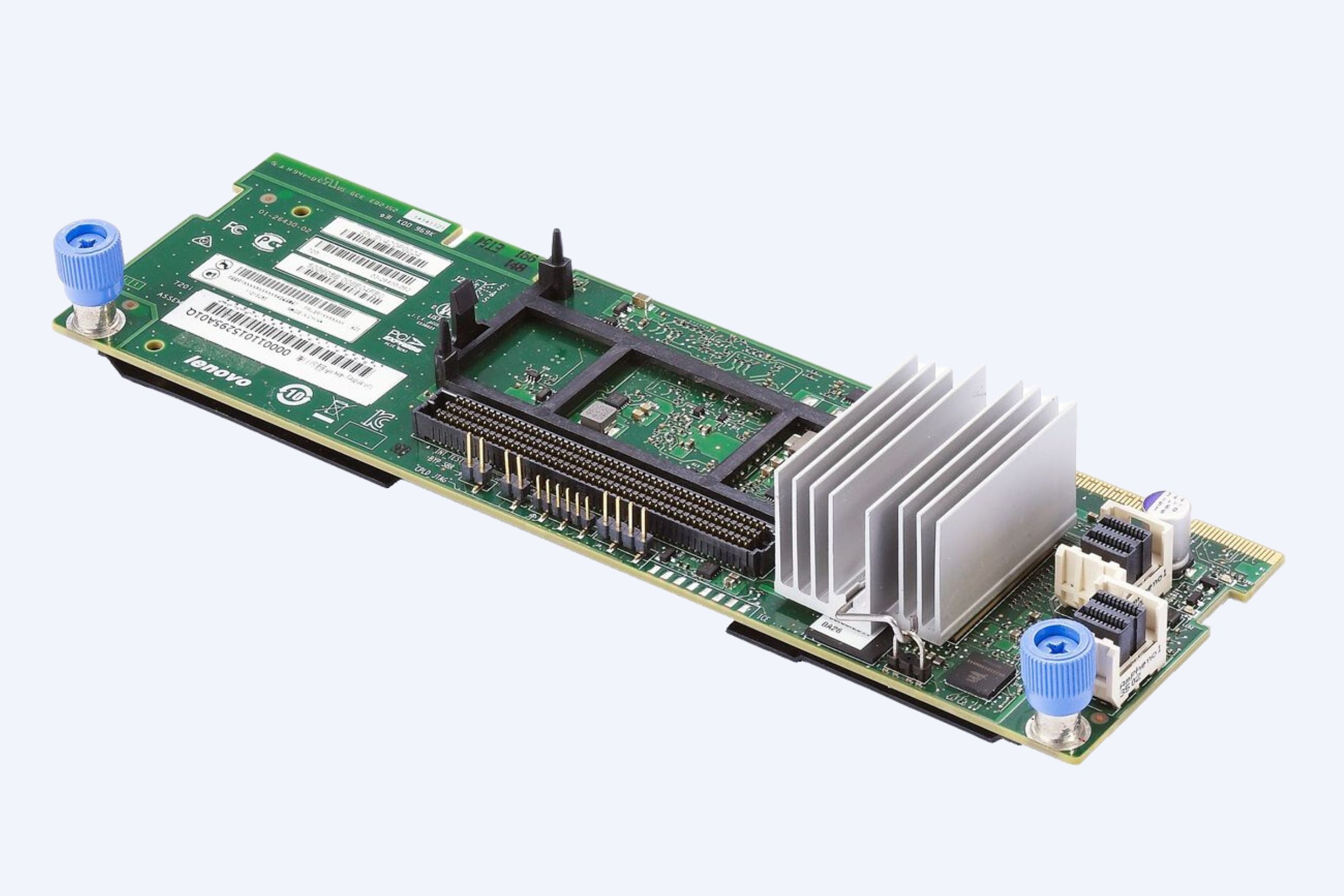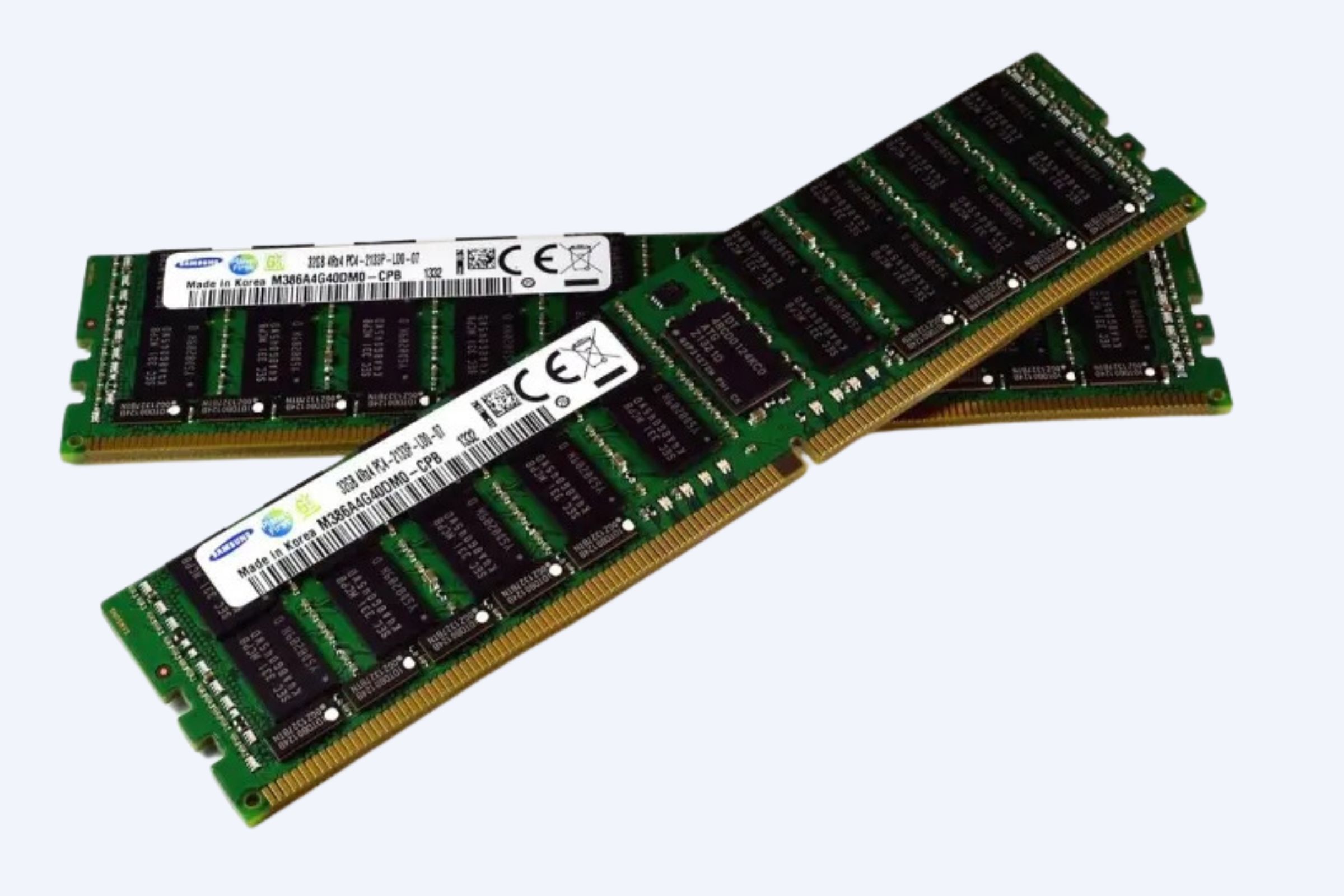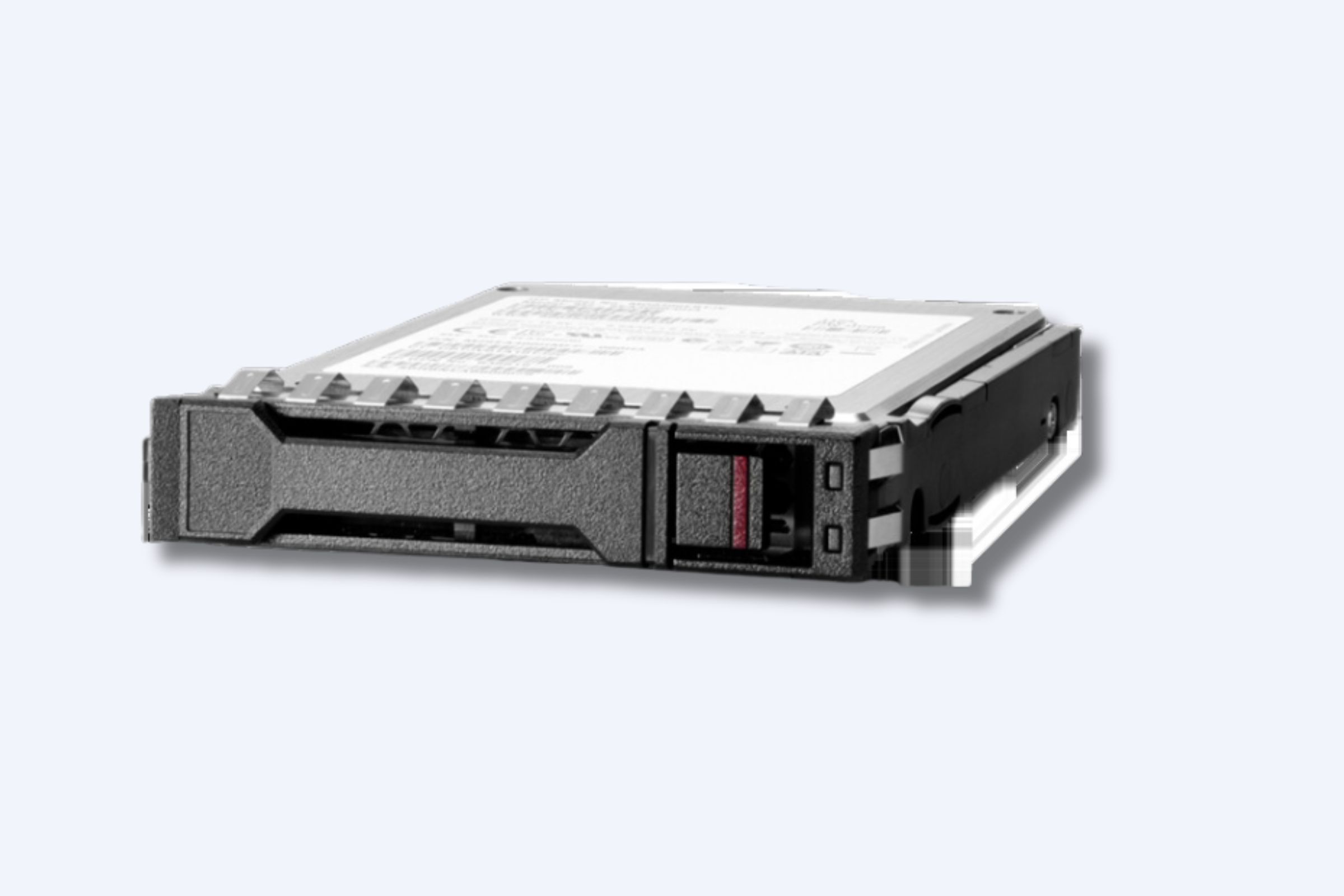14th Generation Machines primarily refer to computers and servers featuring Intel’s 14th Gen Core processors, released for desktops in October 2023 and laptops in early 2024. These machines offer a hybrid architecture with high-performance and efficiency cores, support for the latest connectivity and memory standards, and enhanced AI capabilities for emerging workloads.
What Are the Key Features of Intel’s 14th Gen Processors?
Intel’s 14th Gen processors, codenamed “Raptor Lake Refresh,” feature a hybrid architecture combining Performance-cores (P-cores) for intensive tasks and Efficient-cores (E-cores) for multitasking and background processes. Top desktop models like the Core i9-14900K can turbo boost up to 6.0 GHz. These CPUs support DDR4 and DDR5 memory, Wi-Fi 7, Bluetooth 5.4, and Thunderbolt 4/5 on laptops. Mobile variants branded as “Core Ultra” integrate a neural processing unit (NPU) for accelerated AI workloads and improved battery efficiency.
How Do 14th Generation Machines Compare to Previous Generations?
The 14th Gen processors offer modest performance gains, typically less than 10%, over 13th Gen models, mainly due to higher core counts in mid-range chips like the Core i7 series. Mobile “Core Ultra” chips introduce significant innovation with tile-based architecture, advanced AI integration, and improved power efficiency. Desktop 14th Gen CPUs maintain compatibility with Intel 600 and 700-series motherboards, ensuring upgrade flexibility for builders.
Which Manufacturers Offer 14th Gen Machines and What Models Are Available?
Major PC manufacturers equip desktops with Intel 14th Gen CPUs, including the HP Envy Desktop (Core i7-14700) and Acer Aspire Desktop (Core i7-14700). High-performance gaming desktops come from Dell’s Alienware and Corsair. Laptops using 14th Gen processors include high-end models like the Razer Blade 16 and MSI Raider GE78. For servers, Dell’s 14th Gen PowerEdge line (introduced in 2017 with Intel Xeon Scalable CPUs) remains widely used but predates Intel’s 14th Gen Core desktop CPUs.
Why Are 14th Gen Dell PowerEdge Servers Important for Enterprises?
Dell’s 14th Gen PowerEdge servers deliver scalable performance with AMD EPYC options and feature advanced management via iDRAC9 and Quick Sync 2. These servers support in-memory computing and multi-vector cooling, which optimize performance for modern workloads including AI and IoT applications. Their design focuses on efficiency, security, and remote management, making them a enterprise data center backbone.
How Do 14th Generation Machines Enhance AI and Connectivity?
Intel’s mobile 14th Gen “Core Ultra” processors integrate dedicated AI hardware to boost machine learning tasks, real-time video enhancements, natural language processing, and other AI workloads. Connectivity is enhanced with Wi-Fi 7, Bluetooth 5.4, and Thunderbolt 5 support for faster data transfers and reduced latency, ideal for demanding multimedia and cloud applications across desktops and laptops.
What Makes Wecent a Trusted Partner for 14th Gen Machines?
Wecent Technology is a reliable supplier specializing in enterprise-class servers and IT solutions, including 14th Generation machines. Based in Shenzhen, Wecent partners with top brands like HP, Dell, and Lenovo to deliver certified, high-quality servers and infrastructure solutions globally. With over 8 years of experience, Wecent ensures efficient, tailored IT services that help enterprises optimize performance and reduce operational complexities.
When Should Businesses Consider Upgrading to 14th Generation Machines?
Businesses should upgrade to 14th Generation machines when seeking incremental CPU performance improvements, enhanced multitasking thanks to increased efficiency cores, and AI-driven workload acceleration with Core Ultra mobile processors. Enterprises benefiting from advanced server management, scalable architectures, and emerging technologies like IoT and AI will find Dell PowerEdge 14th Gen servers to be a future-proof investment.
How Do 14th Generation Machines Support Flexibility in IT Infrastructure?
14th Generation desktop CPUs are compatible with existing Intel 600 and 700-series motherboards, providing a seamless upgrade path without full platform replacement. For servers, Dell’s 14th Gen PowerEdge line supports various form factors—rack, tower, modular—allowing tailored deployment to diverse enterprise environments. This flexibility helps organizations scale IT infrastructure efficiently while optimizing costs.
Wecent Expert Views
“At Wecent, we recognize the pivotal role that 14th Generation Machines play in bridging traditional high-performance computing with the new era of AI and data-driven business transformation. The enhanced hybrid architecture of Intel’s 14th Gen processors, alongside Dell’s robust PowerEdge server platforms, empowers enterprises to deliver scalable, efficient, and secure IT solutions. Our commitment is to provide clients with technology that not only meets current demands but anticipates future workloads, ensuring seamless integration, strong performance, and sustained growth.” – Wecent Technology
How Do 14th Gen Machines Impact Gaming and Creative Workflows?
Gaming PCs with 14th Gen processors benefit from features like Application Optimization (APO) that improve frame rates for select titles. Content creators experience increased core counts and faster clock speeds for editing, rendering, and multitasking. The AI-enhanced Core Ultra processors bring additional gains for creative workflows that utilize AI-based applications like real-time video editing and 3D rendering.
What Should Buyers Consider Before Purchasing 14th Gen Machines?
Buyers should note the 14th Gen desktops provide marginal performance improvements over 13th Gen, which may not justify immediate upgrades for casual users. However, gamers, creators, and enterprises requiring AI acceleration, Wi-Fi 7, and upgraded connectivity will gain benefits. Compatibility with existing motherboards adds value for upgraders. For servers, organizations should evaluate workload needs and the enhanced management features of Dell’s 14th Gen PowerEdge series.
Table: 14th Gen Desktop CPU Highlights
| Feature | Intel Core i9-14900K | Intel Core i7-14700 | Intel Core Ultra (Mobile) |
|---|---|---|---|
| Cores | 24 (8 P +16 E) | 20 (8 P +12 E) | Hybrid with AI NPU |
| Max Turbo Frequency | Up to 6.0 GHz | Up to 5.6 GHz | Varies, power efficient |
| Memory Support | DDR4 and DDR5 | DDR4 and DDR5 | DDR5 up to 6400 MT/s |
| AI Integration | Minimal | Minimal | Dedicated Neural Processing |
| Connectivity | Wi-Fi 7, Bluetooth 5.4 | Wi-Fi 7, Bluetooth 5.4 | Wi-Fi 7, Thunderbolt 5 |
| Target Use | Gaming, Content Creation | Multitasking, Gaming | AI workloads, creative pros |
Table: Dell PowerEdge 14th Gen Server Key Features
| Feature | Details |
|---|---|
| Processor Options | Intel Xeon Scalable, AMD EPYC |
| Management | iDRAC9 with Quick Sync 2 |
| Cooling | Multi-vector cooling technology |
| Form Factors | Rack, Tower, Modular |
| Security | Hardware-based security features |
| Workload Focus | AI, IoT, In-memory computing |
Conclusion
14th Generation Machines, powered by Intel’s 14th Gen Core processors and robust enterprise servers like Dell’s PowerEdge 14th Gen, present a balanced mix of performance, efficiency, and AI integration. They offer incremental desktop improvements, significant mobile AI advances, and reliable, scalable server solutions. For enterprises and prosumers, teaming with a trusted partner like Wecent ensures access to cutting-edge technology that supports growth, flexibility, and future-ready IT infrastructure.
Frequently Asked Questions
What is the main difference between Intel Core 14th Gen and Core Ultra?
Core 14th Gen processors focus on traditional hybrid CPU performance, while Core Ultra introduces advanced AI integration with a neural processing unit and a new tile-based architecture.
Can 14th Gen processors use existing motherboards?
Yes, Intel 14th Gen desktop CPUs are compatible with many Intel 600 and 700-series motherboards after a BIOS update.
Are Dell 14th Gen PowerEdge servers still relevant?
Yes, despite being released in 2017, Dell’s 14th Gen PowerEdge servers remain widely used in enterprises due to their robust performance, scalability, and advanced remote management.
What benefits do AI capabilities bring in 14th Gen machines?
AI acceleration improves efficiency in tasks like video processing, natural language tasks, and machine learning, enhancing productivity and reducing power consumption.
Why choose Wecent for enterprise IT solutions?
Wecent provides certified, high-quality servers and tailored IT solutions from leading brands with expert guidance and competitive pricing, ensuring customer trust and long-term support.



